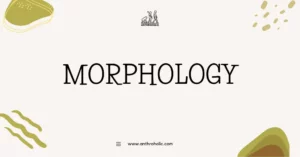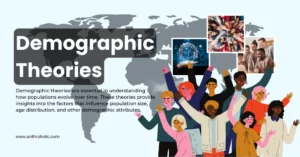AI Answer Evaluation Platform Live Now. Try Free Answer Evaluation Now
Descent
Understanding humanity’s biological and cultural evolution necessitates studying the concept of descent, a core notion in the field of anthropology. It represents a social rule that delineates the line through which kinship, inheritance, and social status are traced. Two primary systems of descent are recognized globally: unilineal (either patrilineal or matrilineal) and cognatic (or bilateral) descent.

Definition of Unilineal Descent
Unilineal descent refers to kinship systems in which individuals trace their lineage through either their mother’s or father’s line, but not both. This system is further divided into two sub-categories: patrilineal and matrilineal. Patrilineal descent, the most common form, emphasizes the father’s lineage where one’s clan, family name, and property are primarily passed through the male line. Notable examples include many societies in the Middle East, Africa, and Asia. In contrast, matrilineal descent, while less common, is equally significant. Here, individuals trace their lineage through the maternal line, with family name, property, and status predominantly passed down through females. The Minangkabau people of West Sumatra, Indonesia, are a prime example. With over four million people, they are considered the world’s largest matrilineal society, where property such as land and houses are inherited through the female line.
On the other hand, cognatic or bilateral descent allows individuals to trace their lineage through both maternal and paternal lines. This descent system is most commonly found in modern Western societies, where individuals are recognized as being related to both their mother’s and father’s families. Bilateral descent allows for a more flexible system of affiliation, providing a more inclusive perception of kinship that aligns with the social fluidity of these societies.
Descent systems are not just rules of inheritance; they play vital roles in social organization, constructing identities, and establishing social networks. By examining a society’s descent system, anthropologists can gain insight into its social structures, gender roles, marital customs, and inheritance practices. It is a reflection of how the society views relations among its members and with the external world. The importance of the descent concept extends beyond anthropological theory.
Conclusion
In our globalized world, acknowledging and understanding different descent systems contribute to enhancing intercultural competence, empathy, and broader perspectives. They offer nuanced insights into societal structures, familial relationships, and cultural traditions, enabling a deeper appreciation of the rich tapestry of human diversity. In conclusion, the concept of descent, deeply embedded in the anthropology of kinship, offers a fascinating lens through which to examine and interpret social realities across different cultures.




